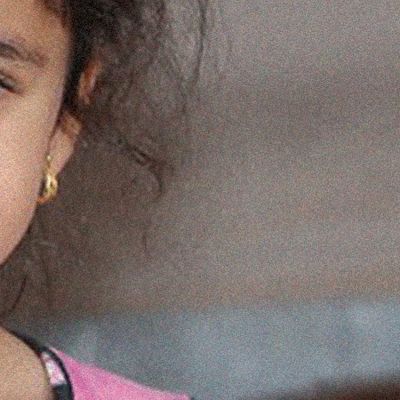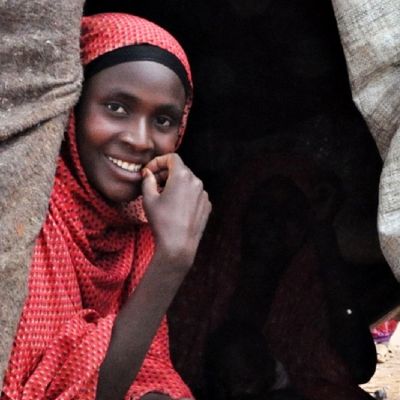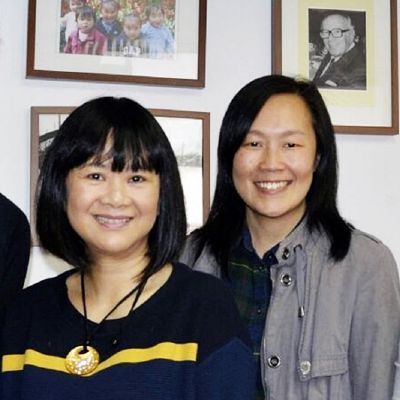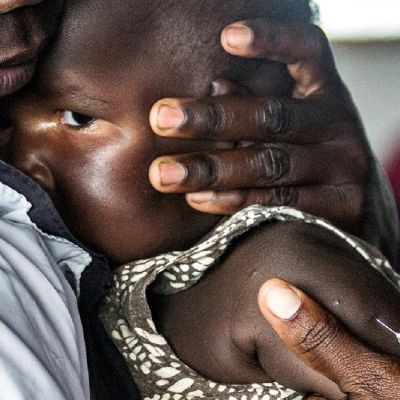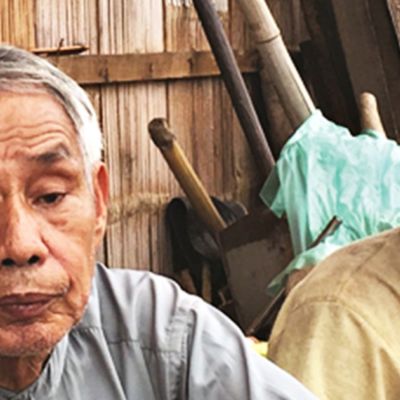Ever since the declaration of independence of South Sudan, the South African country was never free of ethnic and political conflicts. South Sudan’s President, Vice President, and the House Chair came from the tribe of Dinka, Bari, and Nuer—three of the largest ethnic groups of the country—respectively. The Vice President raised a coup against the President in 2013, and the political conflict quickly turned into a nation-wide civil war, involving over 20 military groups, and causing the deaths of tens of thousands of countrymen. An increasing number of regions were damaged by the violence exerted by both the government and the anti-government forces.
The armed conflicts sent more and more Sudanese refugees to the neighboring Uganda, which accepted over 20,000 refugees in the week of 25 Jan to 31 Jan this year alone. South Sudan has currently passed Somali to become third in refugee crisis severity, trailing only Syria and Afghanistan.
There are currently 700,000 South Sudanese refugees seeking asylum in Uganda, and the UNICEF estimated that 64% of that population are children, whose nutrition conditions are continually degrading, not to mention the spiked chances of malaria outbreaks since the country’s rainy season started in March.
Moreover, there are around 2 million South Sudanese who are internally displaced. According to the visiting UN group, an estimation of 100,000 people are currently starving, malnourished, or are experiencing critical survival conditions.
The Integral Alliance (IA) has started working earlier this month in supporting the refugees in north Uganda. We financially supported the Medical Teams International (MTI), an IA member, in their medical and health services in a north Uganda region housing 50,000 South Sudanese refugees, including the building of 3 temporary hospitals that provide inpatient and outpatient care. Their services focus on public health, nutrition replenishment, and treatment of tuberculosis and AIDS, hoping to raise the health level of the region and provide adequate help to the refugees.
Pray that God would protect the South Sudanese refugees and provide for their needs, and pray that the opposing camps could quickly resolve their conflicts through peace talks. Please also pray for MTI’s staff and for their fruitful services to the refugees.
Content of this issue
Written: Lincoln Chong, Jojo Poon In September 2015, the image of the body of the Syrian boy, Alan Kurdi, washed up on the shores of Mediterranean Sea, drew the attention of the globe to the European refugee crisis and the wars in Middle East. Just a month ago in April, the equally disheartening image of a Syrian father holding the bodies of his little twins died from chemical attacks has once again stirred people’s sentiments. “Now the dwelling of God is with men,” (Revelation 21:3) This promise was not only applicable to the early Christians under Roman suppression, but also to the victims today who seem to have suffered an unending stretch of tortures and hidings because of…
Author: Dr. Mok Chiu Yau (CEDAR China Programme Advisor) In the OT, Ruth was the very definition of an underprivileged sojourner as she had to leave her home in Moab to Israel, an anti-Moabites community, to take care of her mother-in-law. Ruth was probably born around 1,100 B.C. or earlier. Being a Moabite in eastern Palestine, her tribe was shunned upon by the God-chosen Israelites, as centuries ago the Moabite king hired prophet Balaam to curse and expel the Israelites, who at that time was a massive body of refugees themselves, seeking to pass through Moab (Numbers 24:1-6). And then there was the account where Israelites were being seduced by Moabite women into the acts of adultery, and…
Banner image: (Left to right) The author, Executive Director of CA, Mrs. Cheung-Aug Siew Mei, CEDAR Staff, Jojo, and Director of CA’s Centre for Refugees, Justin Gaurav Murgai. Interviewer and Editor: Lincoln Chong Refugees are often viewed as a group of aliens in foreign lands who would only appear on the international news occasionally. The vast majority of Hong Kong people hold the same views, thinking refugees do not concern their well-developed city; yet we forget that our society was built by refugees escaping from civil wars. The waves of Vietnamese refugees in 70s to 80s were also an integral part of Hong Kong’s history. We visited the Christian Action (CA) to find out more about what Hong…
Ever since the declaration of independence of South Sudan, the South African country was never free of ethnic and political conflicts. South Sudan’s President, Vice President, and the House Chair came from the tribe of Dinka, Bari, and Nuer—three of the largest ethnic groups of the country—respectively. The Vice President raised a coup against the President in 2013, and the political conflict quickly turned into a nation-wide civil war, involving over 20 military groups, and causing the deaths of tens of thousands of countrymen. An increasing number of regions were damaged by the violence exerted by both the government and the anti-government forces. The armed conflicts sent more and more Sudanese refugees to the neighboring Uganda, which accepted…
Banner image: A 72-year-old pastor partnering with a younger pastor to visit the refugees The Myanmar government and the anti-government forces were at war for the past 10 years. As the conflict was reinitiated in 2016, the estimated number of internally displaced population has reached 660,000. The conflicts in Kachin State alone forced close to 100,000 to flee to Yunnan, China. The peace-loving Lisu in Kachin State never took up arms, but their crops, livestock, even villagers, became resources targeted by both the Myanmar government forces and the opposing Kachin forces. The great unrest drove the Lisu away from home who became refugees in Thailand, Malaysia, India, etc.; a lot of them fled to other regions of the…



